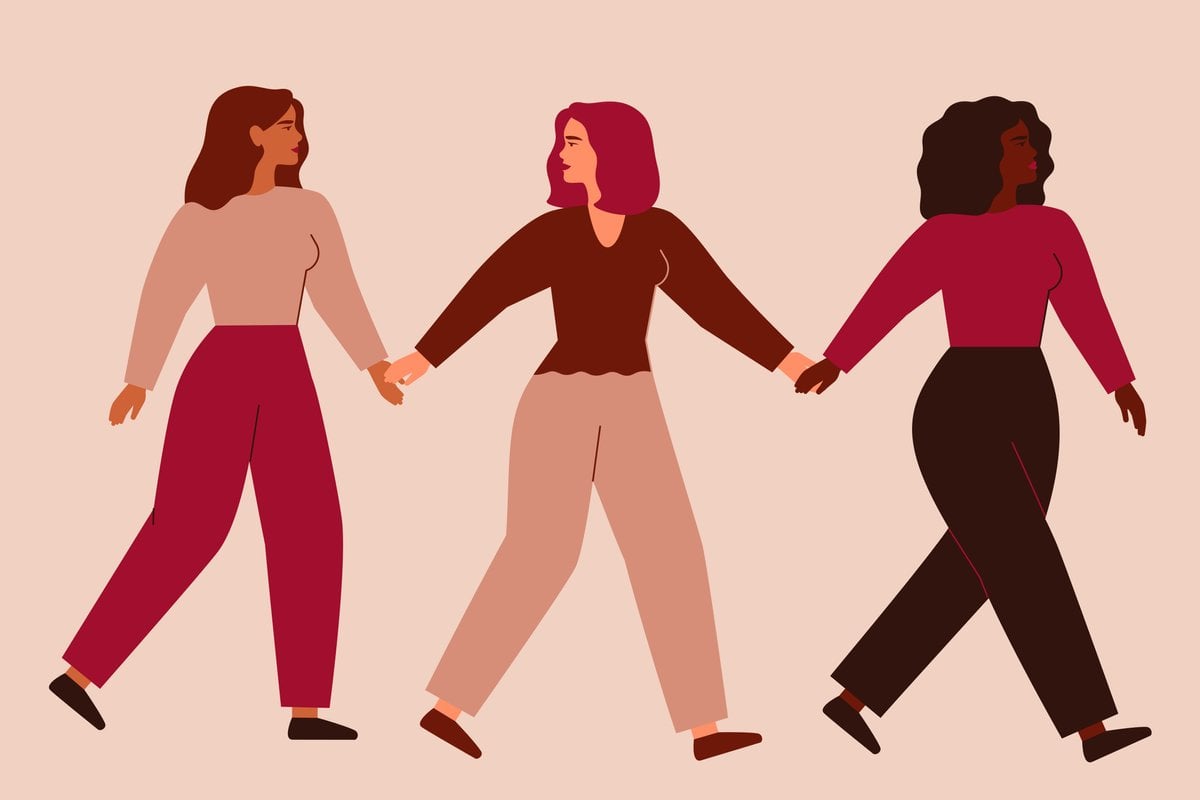
When it comes to relationships, more often than you'll find us talking about the rollercoaster ride that is romance and dating - the red flags! The green flags! Ghosting! The whole shebang.
However, in my years of writing about relationships and interviewing psychologists, if there's one thing I've learnt it's this: our relationships with our friends are more important than we might think. And they can largely affect our happiness and our health. Yes, really!
Ask any expert and they'll tell you that the need for a friendship and connection runs deep - it's something that's just built into us.
Psychotherapist Lissy Abrahams said, "Humans are social animals have always needed friendships and connections with others for their survival. Primitive man faced impending death when isolated from family and friends, as they were rather weak compared to other creatures in the wild. Forming friendships allowed us to be stronger than any one individual."
Watch: Speaking of relationships, here's Kyle Sandilands on relationships and kids - "I was the kid that came second". Post continues below.

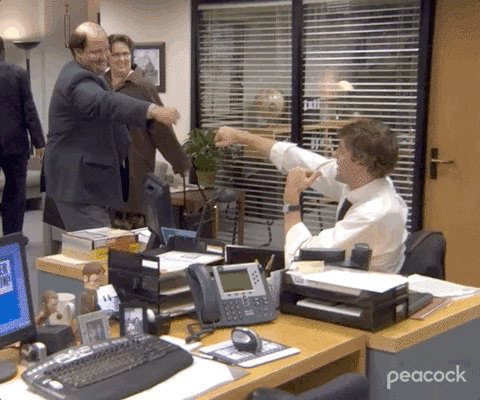
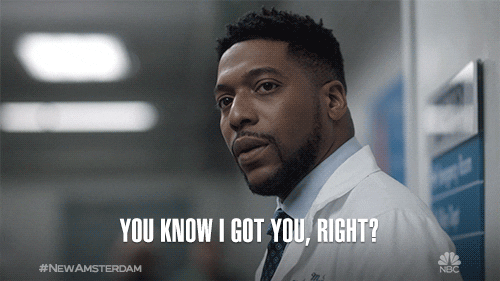
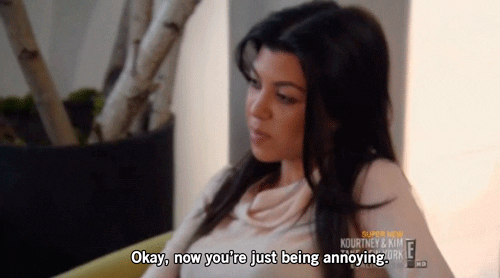
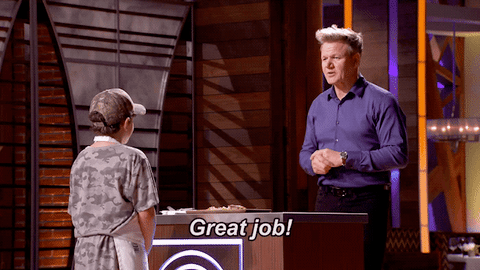
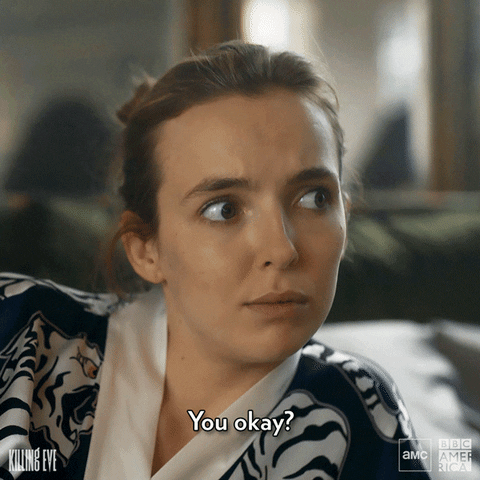
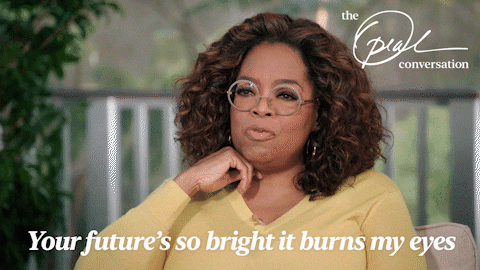

Top Comments